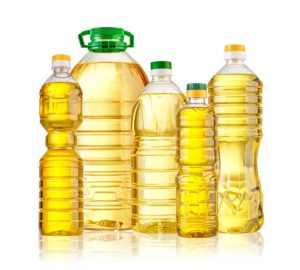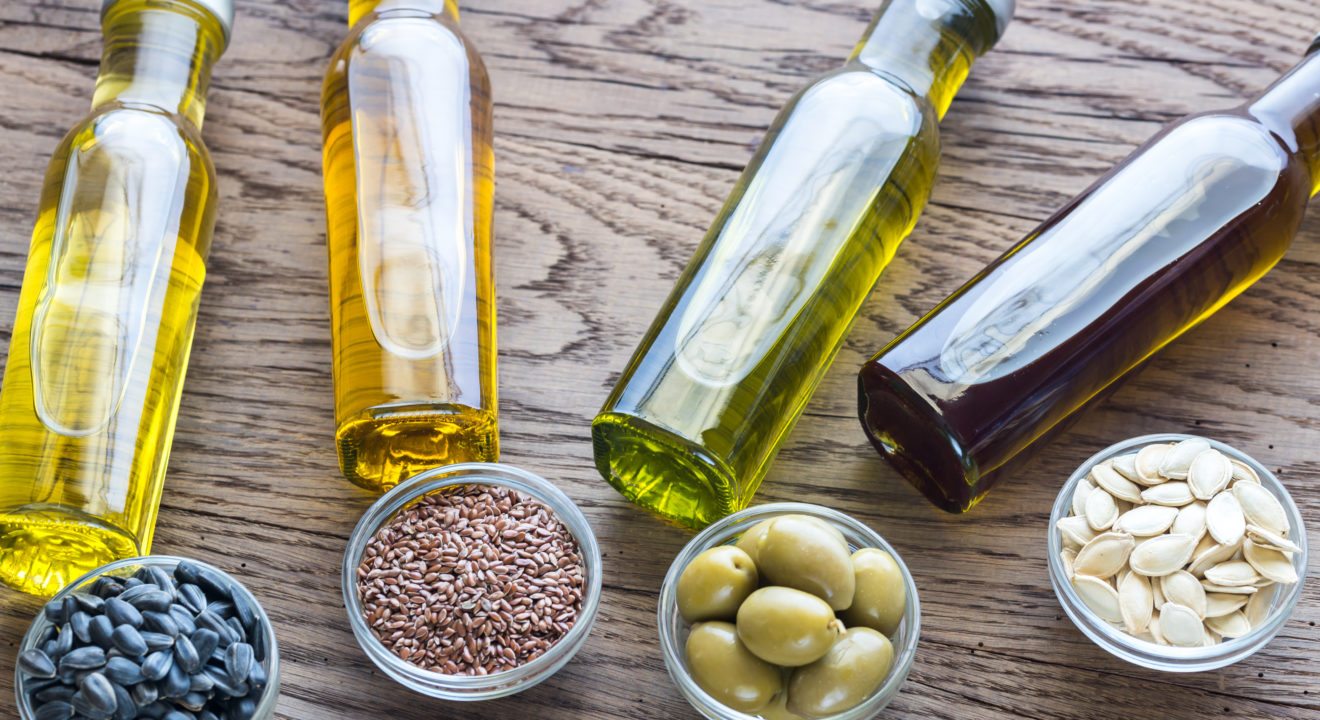 In most grocery stores, there is an overwhelmingly large selection of cooking oils to choose from. There is also an equally large number of misconceptions about the health benefits and safety of cooking with oils. As a cooking oil collection company, Green Energy Biofuel would like to provide you with a road map of Cooking oil Do’s and Don’ts.
In most grocery stores, there is an overwhelmingly large selection of cooking oils to choose from. There is also an equally large number of misconceptions about the health benefits and safety of cooking with oils. As a cooking oil collection company, Green Energy Biofuel would like to provide you with a road map of Cooking oil Do’s and Don’ts.
At some point, nearly everyone has used some kind of oil in their kitchen, whether it is a generic vegetable oil, olive oil or high-end grapeseed oil. However, not everyone is aware of the facts behind the food. There are a number of cooking oils on the market, all with varying health benefits, storage recommendations and potential environmental impacts. Peanut oil, for example, can last indefinitely but should be stored in a cool dark place, while canola oil can last for up to nine months but should be stored in the refrigerator. There are also flavor factors that sometimes overpower the health benefits of other oils. However, when used properly, most oils can be safe and effective!
Firstly, in today’s fitness-focused world, many people are concerned with the health effects from what they cook with and eat. There are a number of healthy cooking oil options available. Grapeseed oil, for example, has been proven to lower cholesterol and provide heart health benefits. Vegetable oil, on the other hand, one of the most commonly used cooking oils due to its cheap price, is loaded with saturated fats which are linked to health defects. On the other hand, Canola, Sunflower and Almond oils are considered healthy for you and are locally grown oils.

Another consideration when choosing what oils to cook with is the oxidation susceptibility. Oxidation is the reaction of oil molecules with oxygen molecules. It occurs as a result of exposure to air and light, which can lead to an increase in the viscosity of the oil, meaning an increase in the thickness thus causing less ability to flow. Oxidation can also cause the formation of sludge and sediment, decreasing the quality of the oil. Additionally, once oil starts to oxidize, you may see an increase in the acidity.
Certain oils are more susceptible to oxidation than others. Unsaturated oils like Sunflower and Olive, oxidize more easily meaning they need to be stored in cool dark places or better yet, refrigerated, thus prolonging their use. Saturated oils like peanut oil can be stored in room temperature and can withstand light exposure.
 Finally, cooking oils, if used improperly, can be harmful to your health and the environment! Green Energy Biofuel is committed to environmental stewardship, therefore we would like to help you prevent any further harm in the kitchen. All cooking oils have what is called a “Smoke Point”. This is the point at which the heat is so high that the oil begins to emit toxic fumes and harmful free radicals. Oil at its smoke point is also closer to its flash point, the point where it will burst into flame. It is critical to know what sort of heat tolerance your oil has before you cook with it. For example, oils like coconut and canola have lower smoke points at 350 Degrees Fahrenheit. Oils like peanut and sunflower have higher smoke points at 450 Degrees Fahrenheit, meaning that they are ideal for frying food or cooking at higher heat. If you plan on cooking at a higher heat, it is important to use a high heat oil, as to avoid the fumes that are toxic to you and to the environment.
Finally, cooking oils, if used improperly, can be harmful to your health and the environment! Green Energy Biofuel is committed to environmental stewardship, therefore we would like to help you prevent any further harm in the kitchen. All cooking oils have what is called a “Smoke Point”. This is the point at which the heat is so high that the oil begins to emit toxic fumes and harmful free radicals. Oil at its smoke point is also closer to its flash point, the point where it will burst into flame. It is critical to know what sort of heat tolerance your oil has before you cook with it. For example, oils like coconut and canola have lower smoke points at 350 Degrees Fahrenheit. Oils like peanut and sunflower have higher smoke points at 450 Degrees Fahrenheit, meaning that they are ideal for frying food or cooking at higher heat. If you plan on cooking at a higher heat, it is important to use a high heat oil, as to avoid the fumes that are toxic to you and to the environment.
Below is a link to a webpage listing the smoke points of many common cooking oils. We hope that you will keep these tips in mind when the next time you reach for cooking oil. Moreover, after you are finished cooking with the oil, be sure and safely bring it to your local recycling center. Then, we will be able to collect and process that oil to be repurposed as clean biodiesel fuel and create local jobs! Below is also a link to the local recycling centers we work with. Thanks for reading!
https://jonbarron.org/diet-and-nutrition/healthiest-cooking-oil-chart-smoke-points


